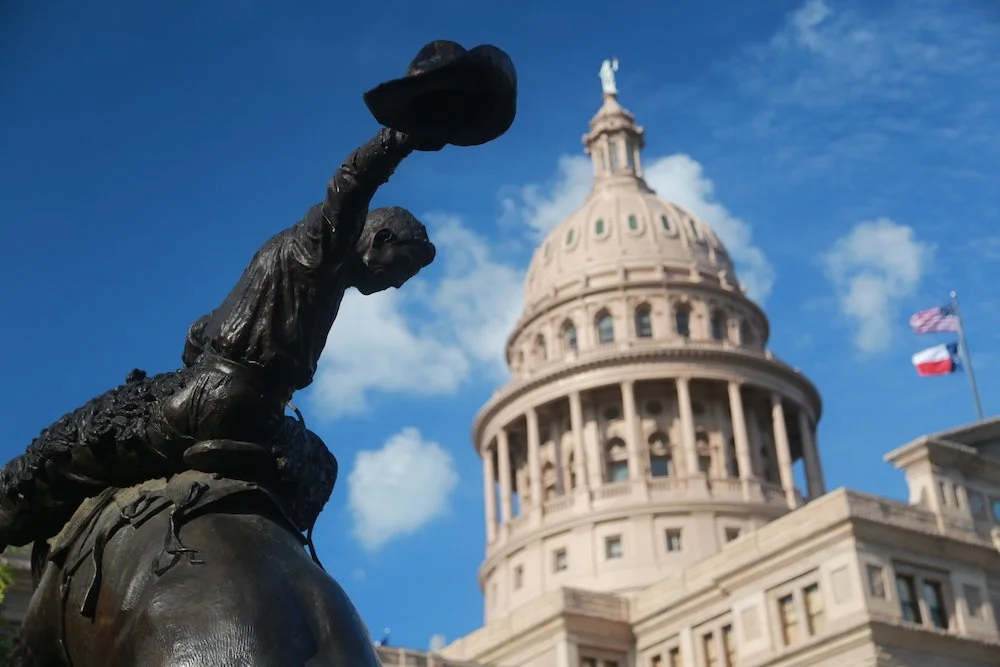Today, the Governor of Texas signed a bill into law that adds liability protections for landowners who allow rock climbing on their property. House Bill 687 amends the Texas recreational use statute, adding rock climbing alongside other activities like hunting, fishing, and mountain biking.

“Rock climbing has grown from a high-risk sport in its early days to an almost mainstream sport where risks are managed well,” says Texas landowner, John Hogge. “This legislation is a fair measure for both climbers and landowners and can foster the future of climbing in Texas.”
Every state has a recreational use statute that limits the liability of certain property owners who open their land for recreational uses. Some states specifically reference climbing in recreational use statutes, but most do not. Explicitly naming rock climbing in the statute provides clear guidance to landowners that they can be immunized of liability when opening up their property for climbing.
“Many landowners in Texas come from a hunting and fishing culture, so it’s sometimes difficult to converse about an activity like climbing,” says Access Fund Texas Regional Director, Brian Tickle. “And it has been even harder to address the topic of liability because, until today, climbing hasn’t been listed alongside hunting and fishing in the recreational use statute.”
Texas is 95% private property, and giving landowners protection from liability is key to recreational access and to sustaining outdoor climbing in the state. Including rock climbing in the recreational use statute is a proven risk management strategy for any landowner, public or private, concerned about liability.
Access Fund has been working to get rock climbing added to the Texas recreational use statute since 2016. We built a broad coalition of trade associations and businesses, gave oral testimony at the Texas state legislature, and lobbied key lawmakers in support of HB 687. When the bill stalled out in the House Committee on Calendars this May, Access Fund successfully lobbied Committee members to place the bill on the final calendar of the session. The bill had broad, bipartisan support and passed the House 143:0 and the Senate 31:0 and is effective immediately.

